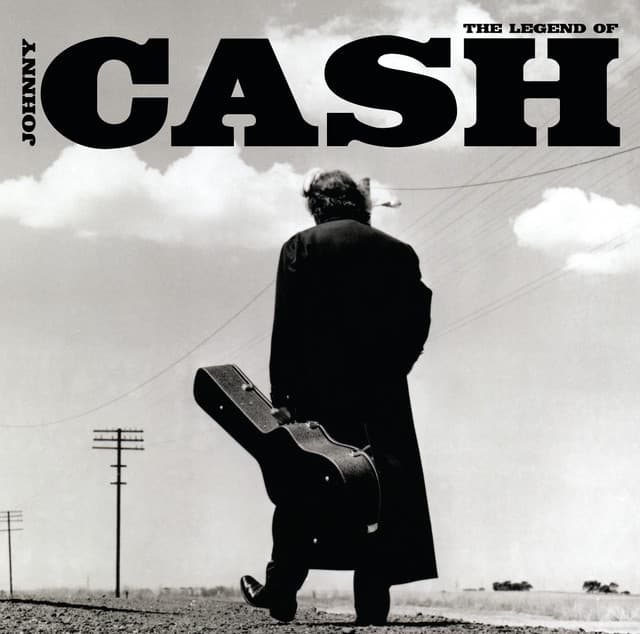
An Intimate Reckoning: The Profound Agony and Enduring Legacy of Johnny Cash’s “Hurt”
When we talk about the great American songbook, the final chapters often hold the most poignant truths. Few songs capture the devastating weight of a life lived, the raw, unvarnished regret, and the weary surrender of mortality quite like Johnny Cash’s unforgettable rendition of “Hurt.” This isn’t just a cover; it’s an unmaking—a stark, brave final testament delivered with the gravity only a legend facing his own twilight can muster. The track, originally written and performed by the industrial rock band Nine Inch Nails (NIN) and their principal songwriter, Trent Reznor, found a new, almost excruciating level of meaning when filtered through the ravaged voice and iconic persona of The Man in Black.
The song was the second single released from Cash’s critically acclaimed 2002 album, American IV: The Man Comes Around, part of the legendary American Recordings series produced by Rick Rubin. While the album itself was a commercial and critical triumph, “Hurt” was its raw, aching heart. Although the song didn’t achieve the massive Hot 100 success typical of pop hits, its cultural impact was immeasurable and immediate. On the Billboard charts, Cash’s version of “Hurt” peaked at No. 33 on the Hot Country Songs chart. More importantly, it achieved significant traction on the broader Adult Alternative Airplay chart, demonstrating its crossover appeal beyond country music. The song’s enduring legacy, however, is firmly cemented by its legendary music video, directed by Mark Romanek, which Rolling Stone would later name one of the greatest of all time. The video, released shortly before Cash’s passing, features haunting, fragmented clips of his career intertwined with desolate footage of his dilapidated childhood home and shots of an aging, frail Cash himself, making the song’s themes of decay, pain, and ultimate finality heartbreakingly real.
The story behind this unlikely masterpiece is one of deep respect and serendipitous collaboration. Trent Reznor, the song’s original author, first heard of Cash’s desire to cover “Hurt” with skepticism, believing the country icon wouldn’t be able to connect with the deeply personal, grunge-era angst of the original. Yet, after hearing the recording and, crucially, seeing Romanek’s music video, Reznor was profoundly moved. He remarked that the song “isn’t mine anymore,” acknowledging that Cash had taken his creation and elevated it to a timeless, universal lament. This acceptance is the key to understanding the song’s dual existence: a raw outcry of addiction and self-destruction in NIN’s hands, and a monumental meditation on regret, mortality, and redemption in Cash’s.
For Johnny Cash, who had struggled publicly with drug addiction, illness, and the complex shadows of his own history, the lyrics became a stark autobiography. The line, “I wear this crown of thorns,” takes on a powerful, Christ-like resonance when sung by a man whose public image had always been intertwined with themes of faith and struggle. The song’s meaning, therefore, pivots on the concept of reckoning. It is the sound of a man taking an honest, agonizing inventory of his life—his triumphs and, more so, his failures. When he sings, “What have I become? / My sweetest friend / Everyone I know goes away in the end,” it’s not a performance; it’s a soul laid bare, confronting the isolation that even the most beloved figures face at the close of their journey.
To those of us who grew up with the steady, authoritative presence of Johnny Cash—the booming voice, the stark black suit—this final work is a stunning and vulnerable farewell. It’s a song for anyone who has looked back and wished they could change the past, for anyone who understands that the only thing left when the roar fades is the quiet, insistent throb of hurt. It is a moment of profound, shared humanity, an intimate glimpse into the mind of a man preparing to say goodbye to his life, his art, and his beloved wife, June Carter Cash, who would pass away just months after the album’s release, with Cash following shortly after. “Hurt” is not merely a song; it is a eulogy delivered by the one being mourned, a heartbreakingly beautiful and essential piece of music that ensures the legend of Johnny Cash will forever be remembered, not just for his powerful youth, but for the devastating wisdom of his final years.